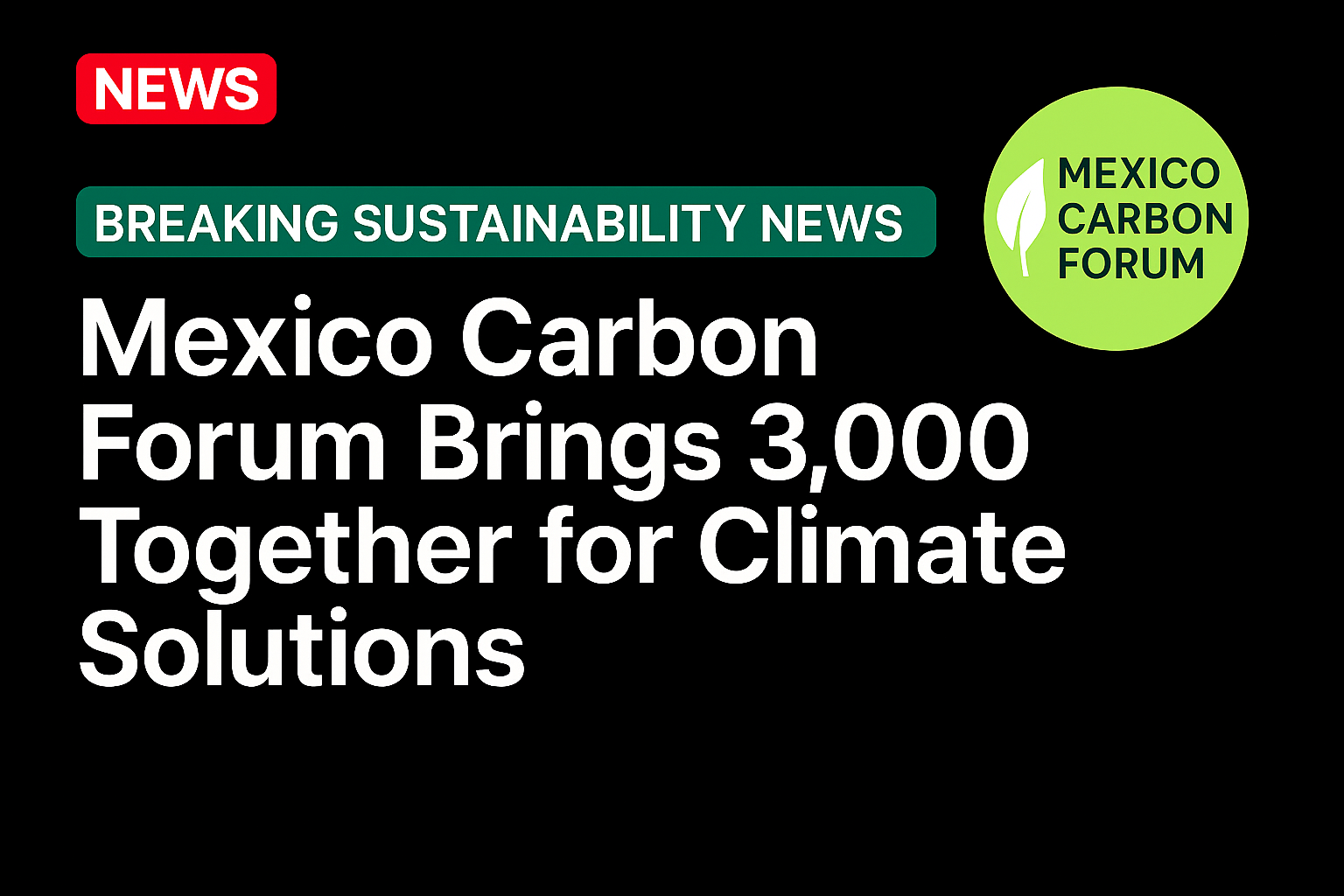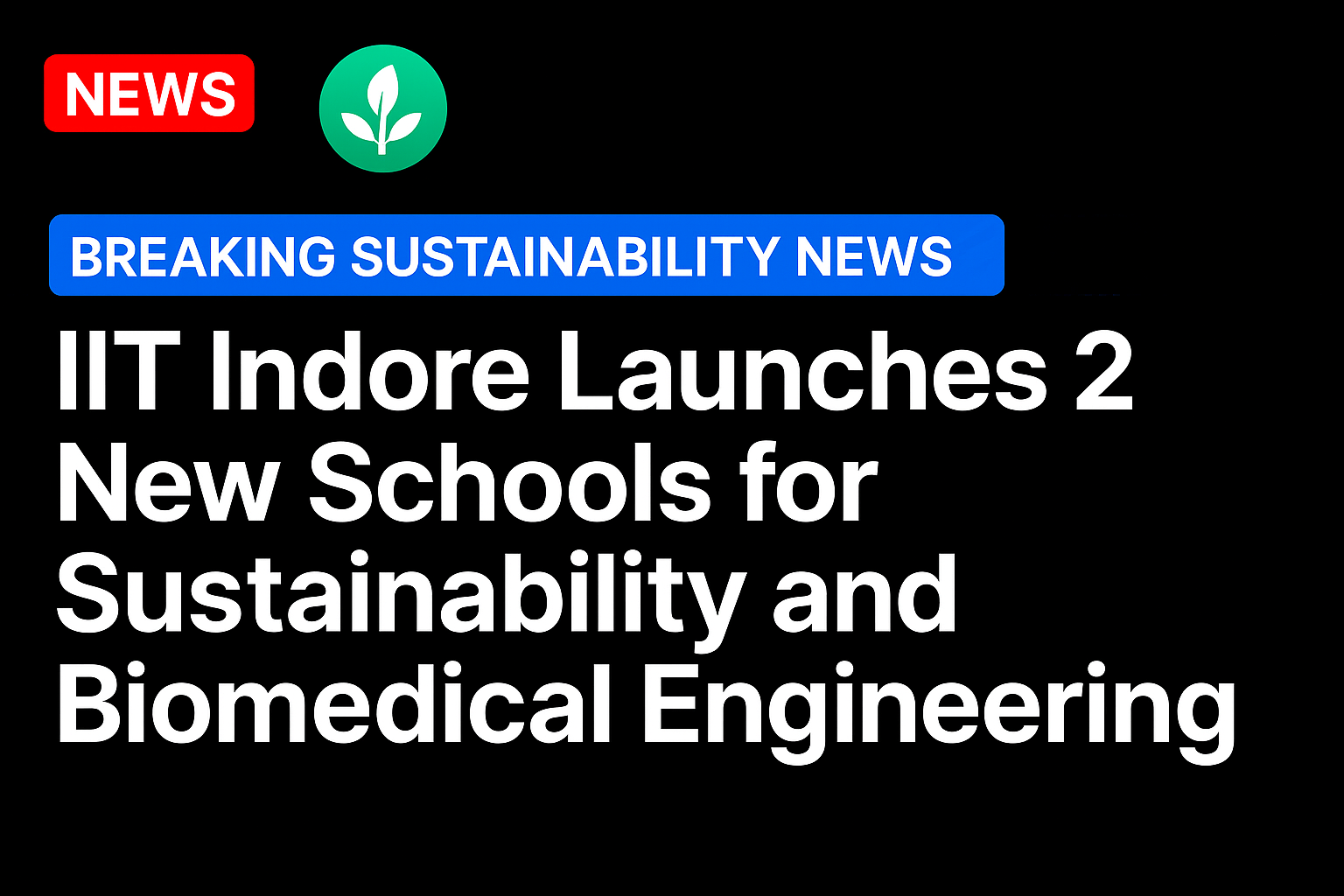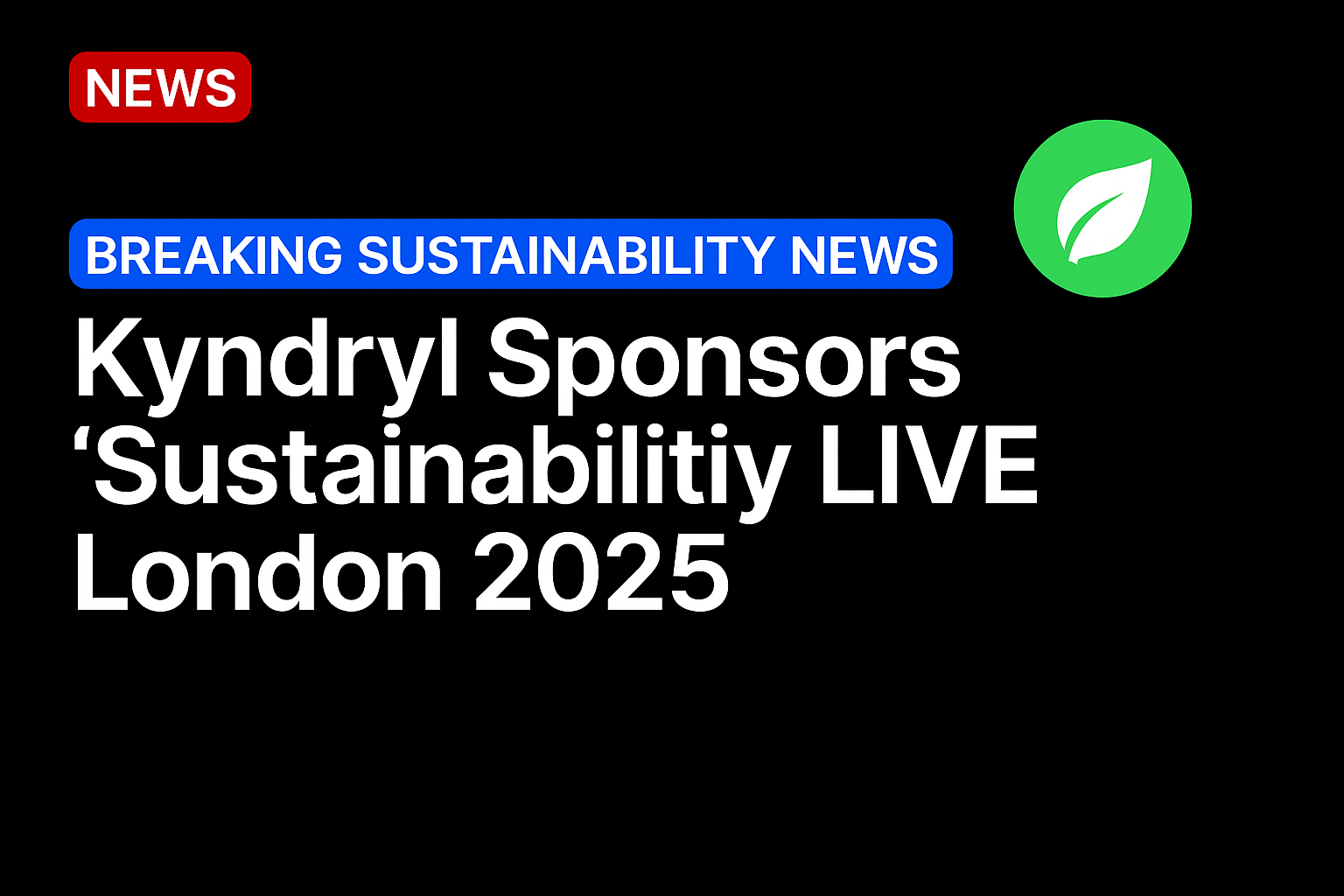More than 3,000 attendees and 170 speakers participated in the fifth edition of the Mexico Carbon Forum at Expo Tampico, where officials, international representatives, and experts highlighted the urgency of climate action and opportunities in carbon markets.
José Luis Samaniego Leyva, undersecretary of Sustainable Development and Circular Economy at SEMARNAT, emphasized that President Claudia Sheinbaum and Environment Minister Alicia Bárcena prioritize building a “zero waste republic.” He warned that nearshoring, new industrial corridors, and energy reforms could add over 212 million tons of CO₂ emissions. Federal policies across sectors—including agriculture, energy, finance, and human development—aim to reduce emissions.
Tamaulipas Governor Américo Villarreal Anaya emphasized his state’s dual role as an energy producer and a sustainability leader. “We must use science and technology to reduce excessive emissions,” he said, noting that unchecked CO₂ can disrupt natural systems. Karina Saldívar Lartigue, the state’s secretary of Urban Development and Environment, described the Forum as “a space for dialogue, collaboration, and collective action,” highlighting the State Development Plan 2022-2028 and the Urban Sustainable Development Program as frameworks to promote renewable energy and circular economy initiatives.
Speakers underscored the role of carbon taxes and markets. Only 11 of Mexico’s 32 states currently levy GHG taxes, including Yucatan, Colima, Mexico City, Morelos, Queretaro, Guanajuato, and Tamaulipas. Eduardo Piquero, director of MÉXICO2, noted a mismatch between carbon credit supply and demand. In Tamaulipas, demand could reach 4.3 million credits if all eligible firms participated, while national credit supply remains around 1.2 million—insufficient to meet demand.
Ramón Güémez, deputy director general of the Mexican Stock Exchange, said carbon markets are vital for decarbonization, channeling investment into projects with environmental and social impact. Samaniego highlighted the national Emissions Trading System (ETS), which will cover nearly 30% of Mexico’s emissions. Javier Arribas Quintana, EU minister-counselor, added that carbon markets must ensure a just transition, addressing the social, economic, and territorial effects of climate change.
Source: https://mexicobusiness.news/




